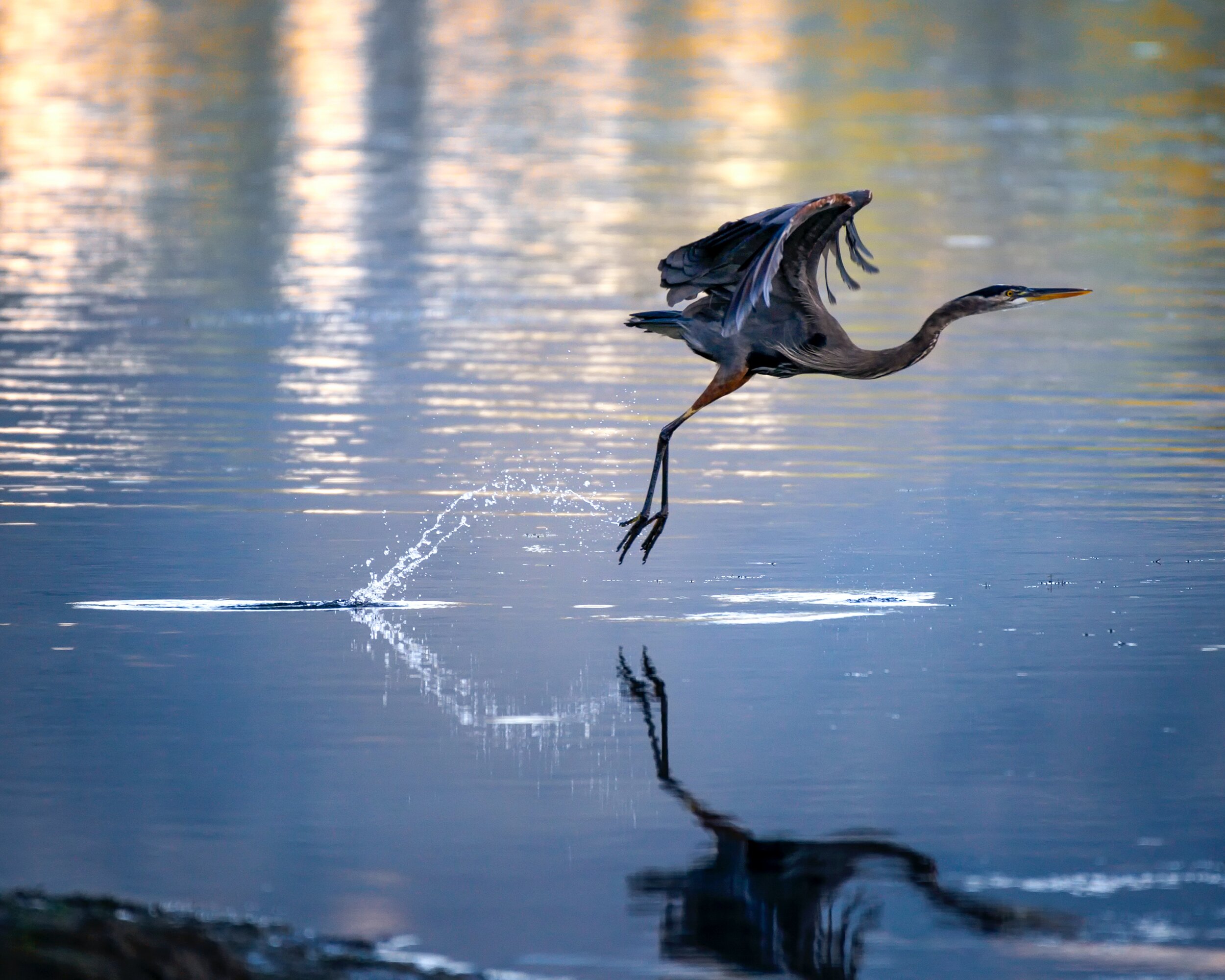
News
RELEASE: Speaking out against gravel pits in the Tawatinaw valley
The Tawatinaw valley and watershed, with a rich history and cherished by all who live in and around it, is now threatened by two proposed massive gravel and sand pits.
RELEASE: Contamination questions on two hazardous sites: Swan Hills and Faust's Toxic Park
First Nations, residents, businesses, and municipalities want to know: does contamination from the Swan Hills (hazardous waste) Treatment Centre (SHTC) reach us around the Lesser Slave Lake area
OPEN LETTER: Concerns regarding the Mine Financial Security Program and implementation of the Tailings Management Framework for the Athabasca Oil Sands
Keepers of the Athabasca (Keepers) have serious liability concerns, including health, financial and environmental, with Alberta's Mine Financial Security Program (MFSP) and the implementation of the Tailings Management Framework (TMF).
WORKSHOPS: Keepers of the Athabasca offers Flowing into Right Relationship community workshops
Keepers of the Athabasca is now funding to bring interactive and informative workshops across central and northern Alberta.
RELEASE: More birds dead in toxic tailings: before plant even opens!
Keepers of the Athabasca is distressed to hear that yet another large group of birds is dead due to toxic tailings in the bitumen mining region of Northern Alberta.
RELEASE: Toxic park conundrum
On Tuesday, July 11 at 6 pm, there will be a public meeting in the tiny hamlet of Faust, on the shores of the Lesser Slave Lake. Once the largest settlement on the lake, idyllic Faust is now home to a toxic site that Big Lakes County suggests making into a public park.
RELEASE: Documents for Phase 1 of the Hay River Basin pollution investigation
A media conference and information session was held February 2, 2017 to discuss the Hay River Basin pollution investigation.
APPEAL FOR SUPPORT: The Hay River Basin pollution investigation and remediation planning
The Keepers of the Water seek your help to complete the final step of our Hay River Basin Pollution Study. For many years, Traditional Knowledge Carriers and Indigenous hunter trappers of NW Alberta have seen significant deterioration of their traditional lands, waters, plants, wildlife and livelihoods caused by petroleum installation spills and pipelines breaks.
RELEASE: Uncontrollable oil seepage continues on weapons range
In 2009 and 2013, reports of a new type of 'spill' surfaced in the Cold Lake region, in which the earth's crust is cracked, broken, and oozing bitumen.
RELEASE: More testing, new technology asked of hazardous waste incinerator
Keepers of the Athabasca met with SUEZ Environmental (replacing SENA) and Alberta Environment and Parks on September 9, 2016. We agreed to work together to address effects of 'unplanned' and 'allowable' PCB, dioxin, and furan releases, and managing hazardous wastes.
RELEASE: Join us September 6 to support the Justice for the Peace Caravan
First Nations leaders, Elders and other community members from Treaty 8 are driving across Canada to focus on the importance of the latest legal challenge to the Site C Dam project on the Peace River.
RELEASE: Facts made public, hefty fine urged for Obed mine disaster
We have waited two long years to find out the facts behind the catastrophic Obed coal slurry spill and be privy to the evidence for the criminal charges laid by the Alberta Energy Regulator against the then owner of the mine, Sherritt International, and Coal Valley Resources.
RELEASE: Albertans want stronger wetland protection in oilsands region
A new survey reveals Albertans overwhelmingly support requirements for oilsands developers to offset their impacts to northern wetlands.
RELEASE: Longstanding environmental issues raising Culture Camps around Alberta
The Keepers of the Water congratulates the current Government of Alberta for working with the Chiefs of Driftpile and Swan River First Nations to start resolving longstanding issues in the forest.
RELEASE: A Rapidly Changing Landscape: Degradation, Climate Change, and Treaty Rights
While the Canadian Chamber of Commerce suggests that industry and Aboriginal communities could align to extract resources, many Aboriginal communities would rather align to clean up Alberta's landscape, debilitated by pipeline breaks, cut lines, and over 50,000 abandoned well pads
RELEASE: Water Restrictions on the Athabasca River and impacts to First Nation and Metis Communities
The Alberta Energy Regulator currently placed a water restriction on the Athabasca River. The first ever since anyone can ever remember, and some are thanking the new NDP government for prodding the AER to uphold their others duties of not only Energy oversight, but Environmetal protection, which has been severely lacking since the creation of the AER.
Open Letter regarding the Swan Hills Treatment Centre
In this letter, we state our concerns related to the reissuing of the Government of Alberta Approval for the Swan Hills Treatment Centre (SHTC) operated by SENA Waste Services Inc, which approval expires on November 15, 2015.
Cold Lake FN Elder advises on using steam and pressure where the Earth is fragile
Cold Lake First Nation Elder Nancy Scanie declares that instead of laying off thousands of workers and denying entry to the heavily damaged Primrose site to Cold Lake First Nation, companies and governments should work together with First Nations
RELEASE: First Nations and NGOs Demand Full Disclosure and Government Action on Toxic Coal Mine Spill
First Nations and non-governmental organizations (NGOs) are concerned that the Alberta Government and Sherritt International continue to downplay the effects of the release of 670-million litres of coal mine wastes into the Athabasca River watershed and that the federal government has remained silent on the spill.
Report shows governments breaking own rules to approve more oil sands projects
Keepers of the Athabasca has released a report by Helene Walsh, titled Alberta's Oil Sands Development is Not Responsible - Moratorium Needed.